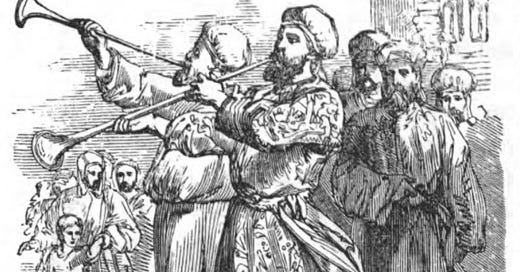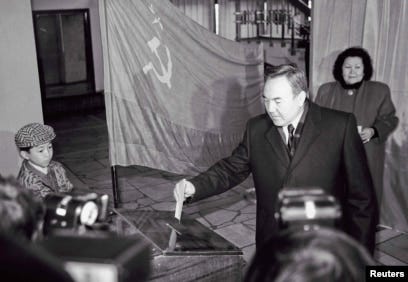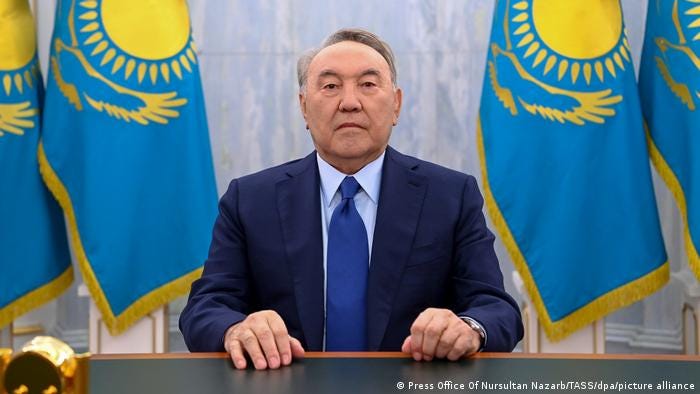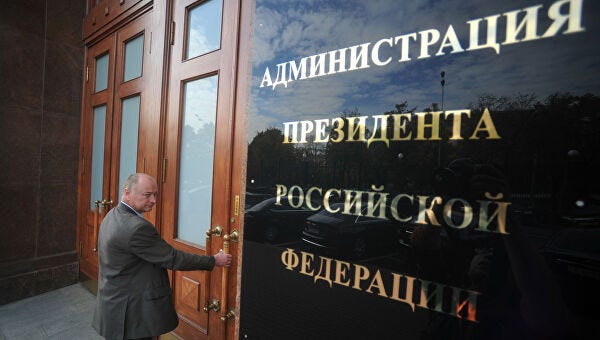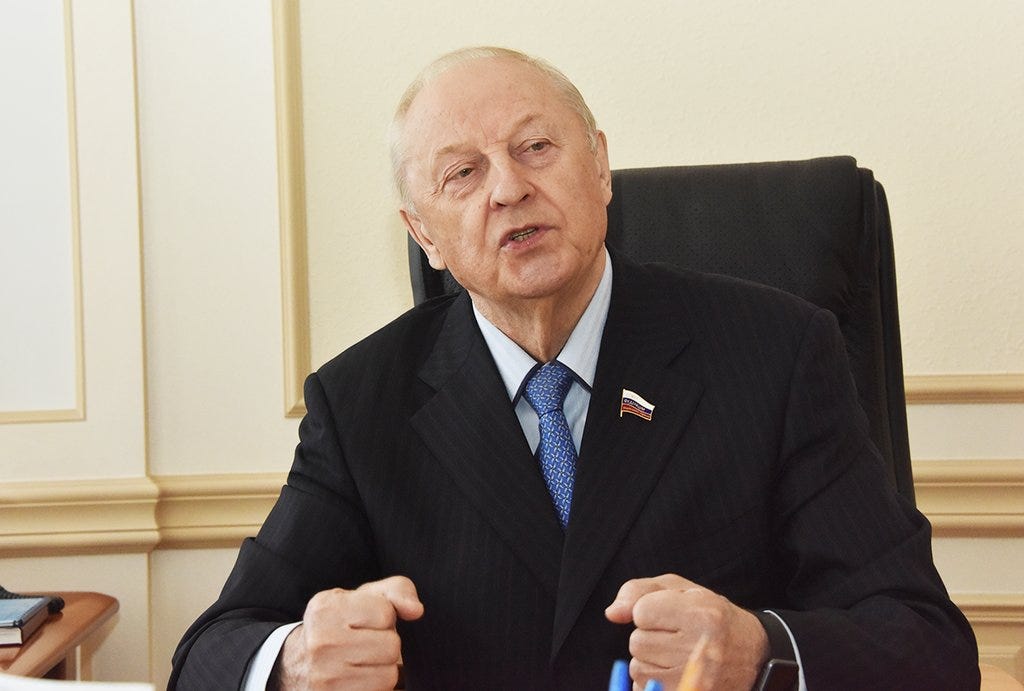Russia's spiralling into a deep crisis. It was visible before the war but now it's rapidly accelerating. And every major crisis entails mass redistribution of power, property and status. Because crisis is essentially a Jubilee🧵
In Ancient Israel every 49th year was the year of Jubilee. Jubilee was a huge managed default. Debts forgiven, indentured servants released. The land cleared of debt and returned to previous owners. Jubilee annuls any obligations you took previously, you don't owe anything now
The most obvious element of Jubilee are huge queues before Russian ATMs standing day and night. Previously, you could delude yourself that your bank deposits are what you own. Nope. It's what you borrowed to the bank. This loan can be defaulted on. Especially during the Jubilee
It's more obvious with bank deposits, but honestly cash - is also a loan. It's something they they owe you, and what they absolutely can default on. For example, in form of hyperinflation. Normal inflation is a gradual default, a hyperinflation - a rapid one. The true Jubilee
This Jubilee happens on all levels. Oligarchs' assets frozen, Russian central bank assets frozen. It's the annulment of obligations to both Russian "state" and "private" actors. Arrest of mega yachts are just the most visible element of a general trend - seize what you can seize
During the Jubilee, the best strategy is to borrow. Take obligations in order to establish a direct grasp over *some* resources. Then convert them to sth robust. Resources will remain yours while obligations will be cleansed by the Jubilee. Like hyperinflation destroys your debt
Now let's think in higher orders. Financial capital is debt, it is the obligation. It can be defaulted on. The same however goes for other types of capital. Social, political, administrative. They all can be borrowed and all can be defaulted on. Especially during the Jubilee
Imagine a dictator has appointed a provincial governor. Thus governor has borrowed power. It's a debt the governor owes. He'll be closely checked and controlled by his creditor. And yet, the Jubilee allows the debtor to default. Keep what you borrowed, annul the loan. Break free
During the Soviet Jubilee of 1989-1991 this was happening on all levels. Whoever borrowed some direct control over resources, privatised them. They cashed out and defaulted on their loans. State-appointed CEOs became oligarchs. Governors became kings in their provinces. And so on
Jubilee is asymmetrical. Annulling the debt, it benefits a debtor and hurts a creditor. That's true both for financial and for political capital. One crucial concept to understand dynamics of centralised systems is the distinction between the barons and the courtiers
Courtiers are those who manage central power and give orders by its name. The chancellery of the king, the presidential administration, the company's hqs. These are central authorities and modern communications allow them to increase their power beyond any reasonable limits
Barons are in direct control over resources. They can be provincial governors, CEOs, generals. They borrowed power from the center but can't use their leverage fully, because they're closely controlled by the courtiers. The court must punish them often just to keep them at check
Now what's happening during the Jubilee? Barons borrowed their power from the courtiers. But debts as all obligations are annulled. Which means the power of the centre is diminishing rapidly. Courtiers used to be everything and will become nothing. Barons - the other way around
Keep reading with a 7-day free trial
Subscribe to kamilkazani to keep reading this post and get 7 days of free access to the full post archives.
